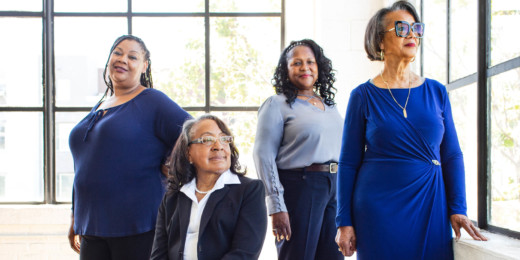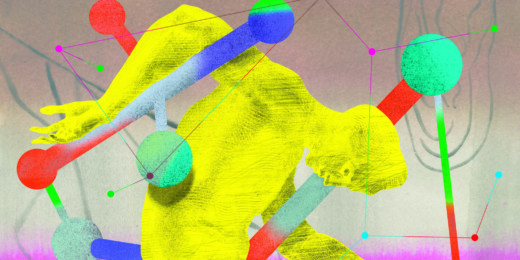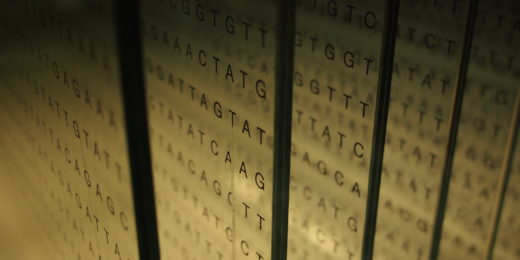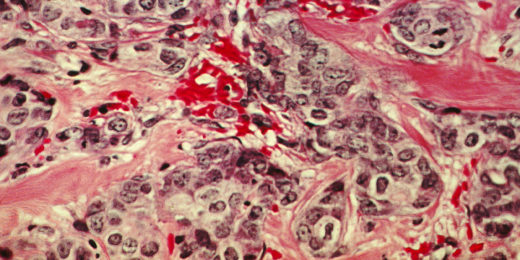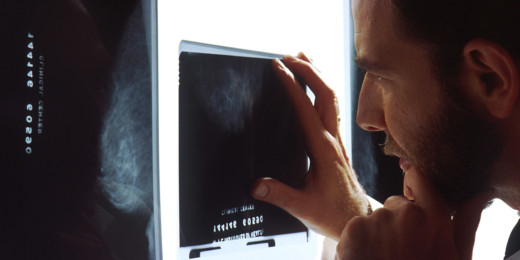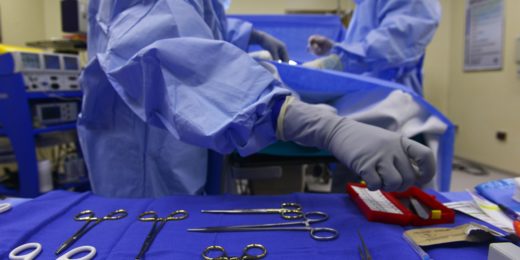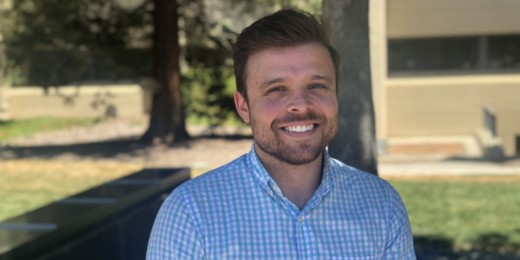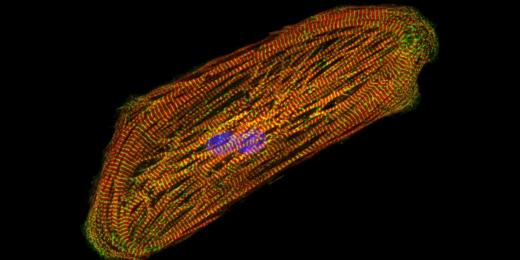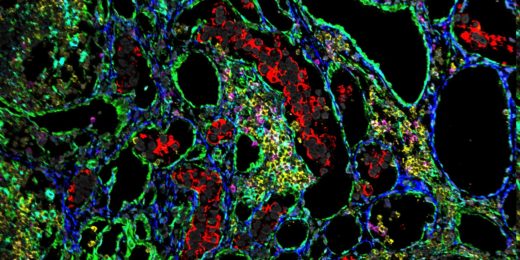Stanford Medicine scientists devised a cancer imaging technology that opens doors to new research questions and precision medicine.
Category: Breast Cancer
Investigating disparities in LGBTQ breast cancer care
Researchers at Stanford Medicine investigate cancer disparities in LGBTQ populations and how to address them.
Building a cancer community through BLACC
A group of Black women work toward a peer navigation program to help other Black women survive breast cancer.
Stanford Medicine magazine explores the molecules within us
Stanford Medicine magazine explores the molecules behind human biology and how understanding them fuels medical discoveries and innovations.
Less is more? Focused genetic testing recommended for breast and ovarian cancers
Ovarian cancer genetic testing is underused and large gene panels lead to uncertain results, particularly for non-white patients, a Stanford Medicine study finds.
Cell growth clue could lead to new breast cancer treatments
Stanford stem cell biologists have found a way to block a signal that causes growth of breast cancer cells, opening potential for new treatments.
New evidence suggests early metastasis is common in lung and breast cancers
In breast and lung cancer patients with metastatic disease, seeds of metastasis were often planted before the primary tumor was diagnosed, a study finds.
Analyzing patients’ tumors, from the inside out
The experts on Stanford Medicine's molecular tumor board brainstorm new ways to attack individual patients' tumors at the genetic level.
Close calls: How AI could improve breast tumor diagnosis
In this episode of "The Future of Everything," host Russ Altman and guest Ross Shachter discuss how AI can help radiologists with diagnosis accuracy.
Stanford surgeons innovate new biological breast implants
Surgeon Irene Wapnir and her colleagues developed a new technique for creating biological breast implants for women who have undergone a mastectomy.
In the Spotlight: Shaping how genomics is used in the clinic
This In the Spotlight features Helio Costa, a geneticist who has developed an assay currently being used to help cancer patients.
AI could help radiologists improve their mammography interpretation
Stanford researchers develop a machine-learning computer model for mammography assessment in hopes of aiding radiologists’ clinical decisions.
Existing drug found to dampen chemo side effects in breast cancer — in a dish
Stanford researchers make progress in predicting which patients will suffer heart problems from chemotherapy, and may have found a drug to mitigate them.
Breast cancer recurrence, location predicted by molecular data
Molecular data identifies breast cancer subgroups likely to recur decades after successful treatment, predicts probable timing and location of metastases.
“Invadopodia” key to spread of breast cancer cells, Stanford researchers find
Stanford researchers have learned that cancer cells can batter their way into new territory, rather than relying on dissolving chemicals.
Understanding the geography of triple negative breast cancer
Mapping the geography of the immune response in triple negative breast cancers predicts patient survival and sheds light onto new aspects of tumor biology.




